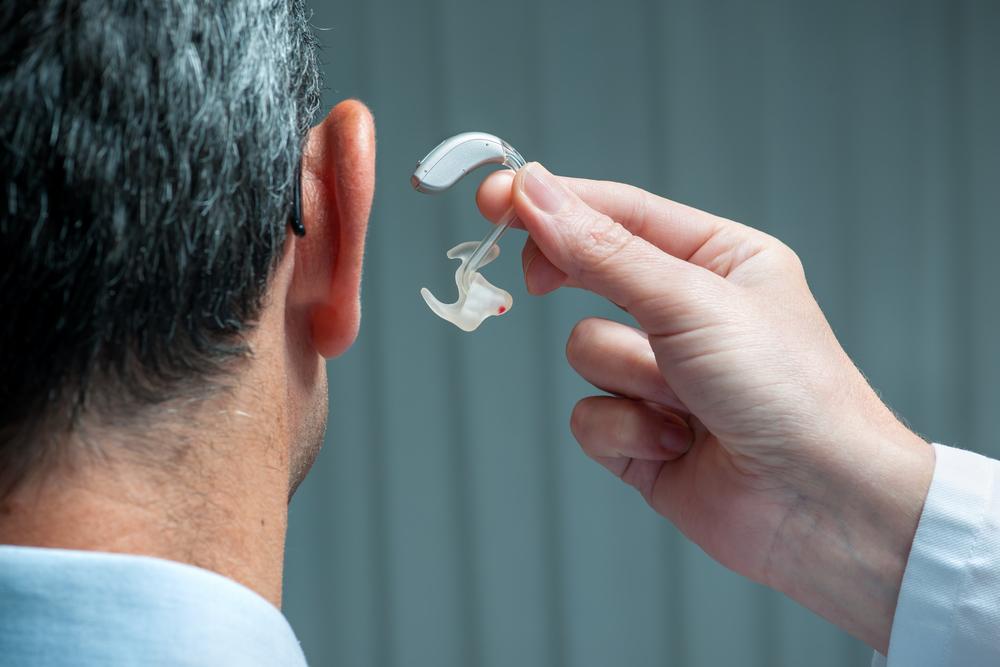
Exif created by JPEGTweaker
According to the World Health Organisation, disabling hearing loss affects one in ten people. If left untreated, even partial hearing loss can result in social and medical problems like isolation, cognitive decline, and depression. Hearing Aids are an effective way to combat hearing loss, but if you’re a first-time buyer, you might be a little overwhelmed with the options on the market. Here’s what you need to know.
Modern hearing aids are electronic devices that treat hearing loss and auditory system conditions like tinnitus by amplifying and processing sound. Standard hearing aids are custom made to suit the results of your audio exam. Make sure you are tested in a soundproof room by a professional so that you get an accurate reading.
There are two kinds of Hearing aids. The first, the ITE or in-the-ear style fits inside the ear canal. The second, the BTE (Behind the Ear) goes behind the ear. Hearing aids use telecoils and wireless technology to improve sounds in public places.
When choosing a hearing aid, pay attention to the size. An ITE should fit snugly in your ear and not fall out. Though it might feel uncomfortable at first, make sure you find one that fits without giving the impression of being plugged into your ear too tight.
You should also get comfortable with the controls on your hearing aid. While younger users might adapt to digital hearing aids faster, seniors might be more confident with a Behind-the-ear model that has visible controls and dials.
Feedback, a whistling sound that occurs during a faulty fit, can be unpleasant and make hearing difficult. Make sure you buy a hearing aid with as little feedback as possible. A doctor or hearing aid technician will be able to guide you through various brands and styles so that you find one that is best suited to you.
Practice makes perfect. When you finally buy your new hearing aid, practice wearing it for longer periods so that your brain gets used to hearing new sounds. You should also learn the features of your device and understand how to store and take care of them. Keep a set of batteries handy and store them in a hard case when not in use.






